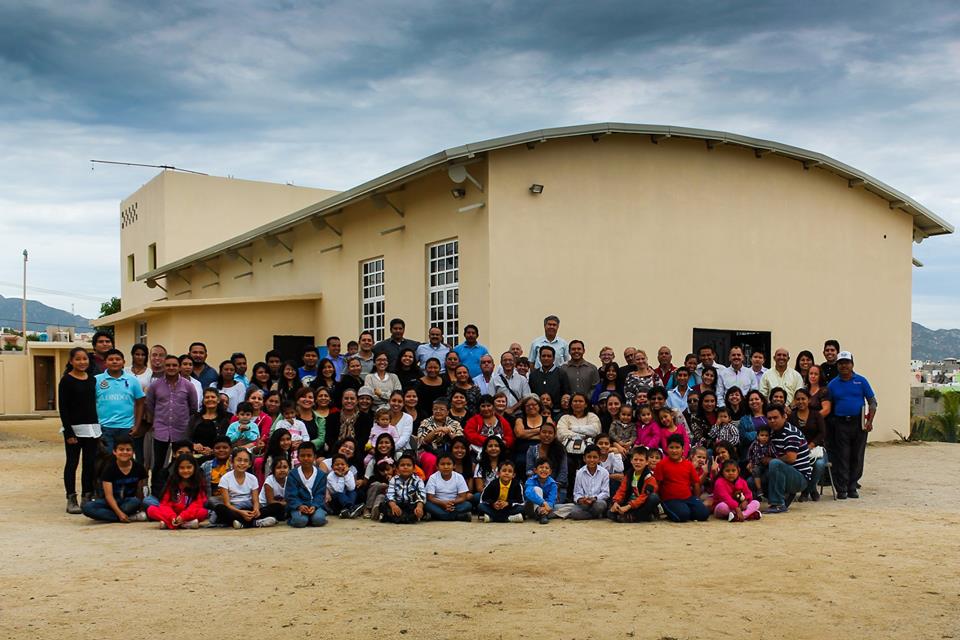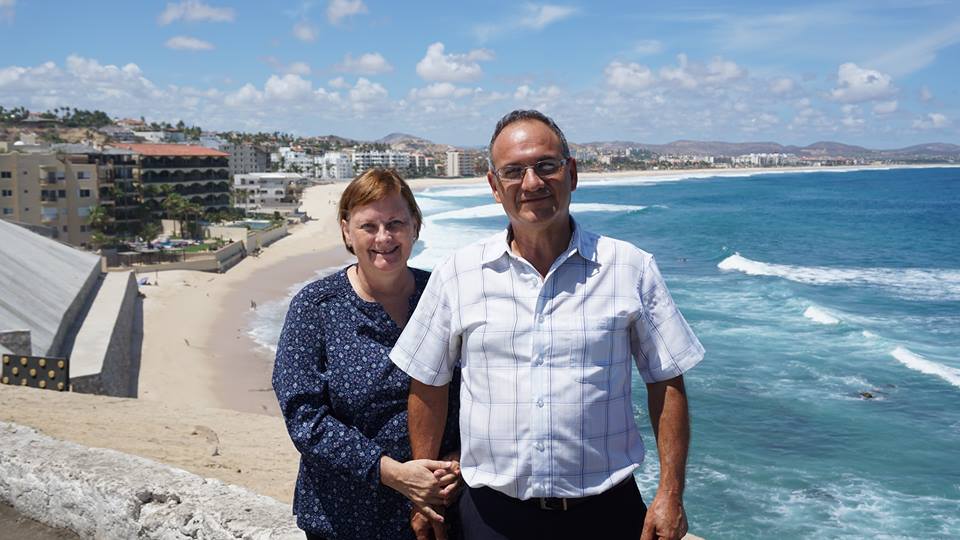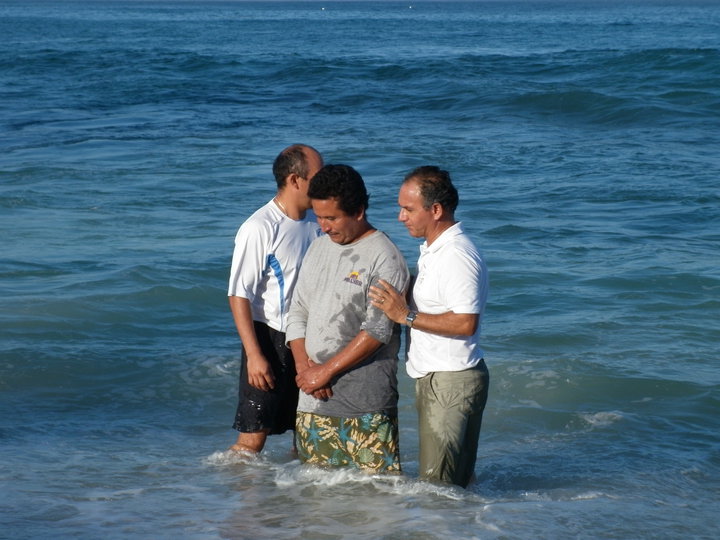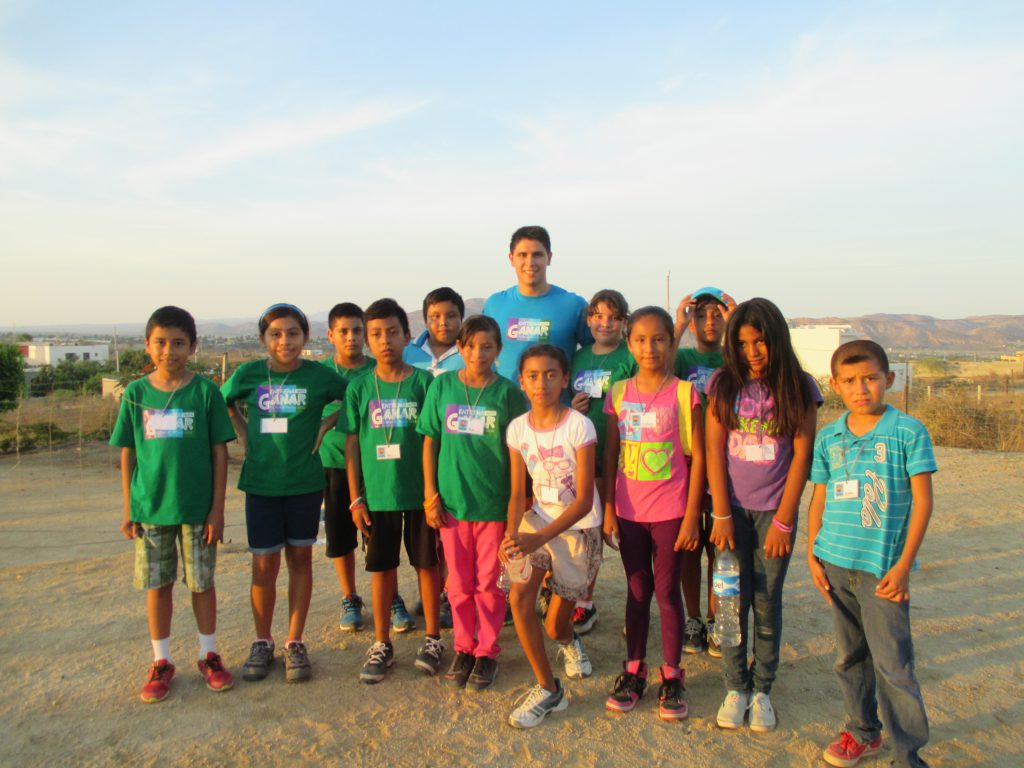
Becoming a Missionary, Missionary Life
Hispanics are Giving Up the American Dream — for Missions
August 29, 2019
by Mark Watson

¡Lea esta publicación en español aquí!
“Why? I worked so hard to bring you to the USA so you could have a future! Now, you are taking your family back to Mexico? Why?”
The Lord is using Hispanic American missionaries to share the Gospel in Spanish-speaking countries. Already familiar with the language and the collective Hispanic culture, these missionaries can usually jump into ministry without years of language school or cultural faux pas.
But for the missionary’s family — especially parents — doing ministry in Latin America can feel like ungratefulness.
Almost half of adult Hispanics in the U.S. are first generation immigrants. Many worked hard to bring their kids to America and give them a better life. When those kids grow up to become missionaries, it costs their parents their dreams.
Additionally, these new missionaries will likely struggle to raise financial support because the concept is foreign to many Hispanic communities. One survey revealed that 71 percent of the support received by Hispanic missionaries came from non-Hispanic donors.
Despite the hardships and personal heartache, though there are Hispanic Americans who are answering the call to minister in Spanish-speaking countries. My husband is one of them.
A Disrupted Plan for Citizenship

Much to the disappointment of Art’s parents, Art and Vicki Reyes left the United States to become missionaries in Art’s country of birth. Photo courtesy of Vicki Reyes.
My husband, Art, was born in Mexico — which was not “the plan.”
Although his family lived in Mexico, Art’s father worked in the U.S., returning each evening to his family. Because of his work visa, he could legally take his wife to a U.S. hospital when she was ready to give birth. As a result, Art’s five older siblings were all American citizens.
However, on the day Art was born, there was a long line of traffic at the border. His parents had no choice but to return to a Mexican clinic. They had no idea how this kink in their plan would influence Art as an adult.
The family moved to the U.S. when Art was 10. Years later, when Art was in high school, a friend invited him to a Baptist Church where he eventually received Christ.
Art’s father wasn’t happy about this unexpected turn of events. However, when Art finished his studies in clinical dietetics, his parents thought their American dream was still coming true!
While they dreamed of stability, though, God was building another dream in Art’s heart.
Building a Different Kind of Dream
While living and working in Chicago, Art started evangelizing to other Hispanics and teaching Bible studies in Spanish. He also began to think about returning to Mexico.
“I had never heard the Gospel when I was living in Mexico, and I wanted to give the people there a chance to hear it, too,” Art says.
When Art announced that he was planning to abandon his career to pursue missions, his father was naturally upset and confused.
“Why? I worked so hard to bring you to the USA so you could have a future! Now, you are taking your family back to Mexico? Why?” Art’s father asked.
Since he was not a Christ-follower yet, Art’s father did not understand. However, during the next year, we had opportunities to share the Gospel with my father-in-law. He received Christ a few months before his death in 1998.

God uses Art’s Mexican heritage to help Art build relationships with local people. For almost 27 years, Art and his wife have planted churches and led people to Christ! Photo courtesy of Vicki Reyes.
Four years later, our little family left for Mexico as TEAM missionaries with the blessing of Art’s mother, who had been saved shortly after Art came to Christ.
For almost 27 years, we have joyfully planted churches in Art’s home country, Mexico. And now, we get to welcome more Hispanic American missionaries to the field.
Serving God in Gratitude
Recently, a young man named Javier served with us as a TEAM short-term missionary.
Javier was born in Jalisco, Mexico, but his family migrated to the U.S. when he was 3 years old. Javier’s mother, especially, wanted her children to have an American education and a bright future.
As a young adult, Javier enrolled in the U.S. Air Force Academy. He says, “I wanted to give back to this wonderful country that had given so much to me and my family!”
During that time, a friend invited Javier to a local church where Javier received Christ. Just before his graduation from the academy in 2016, Javier began to examine his heart.
“I realized that God had done so much in my life and I knew that I wanted to serve Him in some way,” Javier says. “The next weekend, there was a mission conference at my church where I heard that TEAM had short term opportunities. I knew that, upon graduating from the academy, I would have 60 days off, so I felt led to look into it.”
Ready for Ministry from Day 1
That summer, Javier flew to Los Cabos to serve on the VBS staff of our first church. The Mexican believers and the children welcomed him with open hearts!
“I loved interacting with all of my Mexican hermanos [siblings in Christ] and kids! I felt so blessed to be down there and have the opportunity to serve in some capacity,” Javier says.

Like Art, Javier was born in Mexico but grew up in the U.S. And like Art, he followed God’s call to serve as a missionary in Latin America. Photo courtesy of Vicki Reyes.
Because he was already fluent in Spanish and culturally sensitive, Javier easily jumped into ministry. That week, a group of unruly boys were frustrating their teacher and distracting their class during the program.
Javier took the boys out of one of the VBS sessions to share his testimony. They were enthralled! The next day, they begged the VBS director, “When are we going to meet with Javier?”
Javier met with them for the rest of the week, giving them good Christian advice we hope they will always remember. As for Javier, his time with TEAM convinced him that he has a future in missions.
An Open Door for Hispanic Missionaries
This summer, we plan to host another Hispanic American short-term missionary to help with our VBS. Additionally, we encourage visiting U.S. church teams to invite their Spanish-speaking members to help translate and bridge the cultural barriers for their American churches. It is a little taste of Heaven as we serve side-by-side!
Please pray for the Lord to raise up more Hispanic missionaries, remembering the unique obstacles they face — and the amazing work God can do through them!
Are you a Hispanic Christian with a heart for missions? God can use you to do incredible things in Latin America — and around the world. Talk with a missions coach to explore opportunities that fit your unique skills and passions. We understand that you have a unique journey ahead. And we’ll walk with you as you find your ideal role, raise support and serve on the mission field!
¡Lea esta publicación en español aquí!


